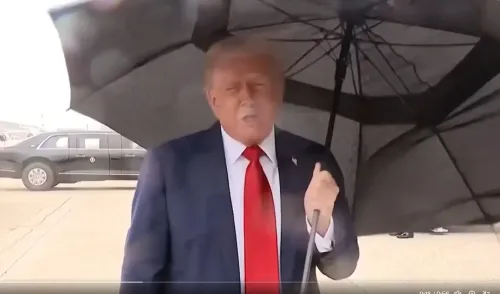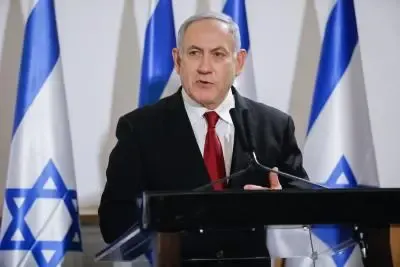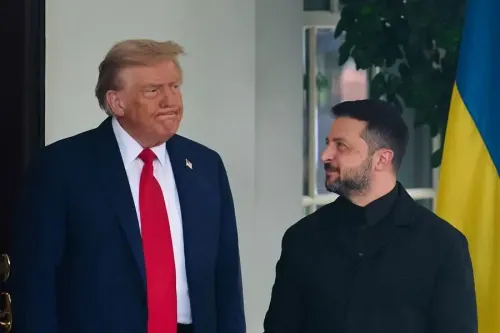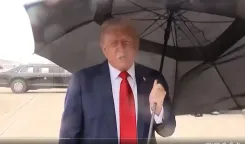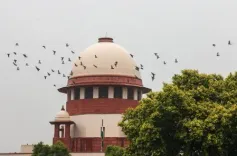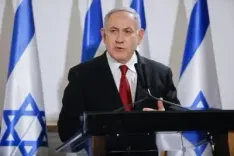Is India a ‘Pillar’ in the Indo-Pacific and Global Economy? Insights from US Congressman Ami Bera
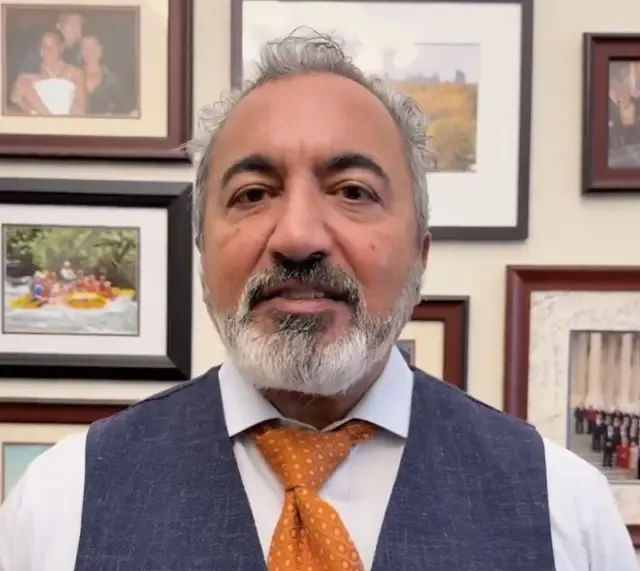
Synopsis
Key Takeaways
- India is a cornerstone of the Indo-Pacific strategy and global economy.
- Bipartisan support is essential for reinforcing India-US relations.
- Congressman Bera emphasizes the need for a coherent strategy from the Trump administration.
- Investments are shifting from Pakistan to India.
- H-1B visa policy changes could negatively impact US industries.
Washington, Oct 11 (NationPress) Congressman Ami Bera, a Democratic representative from California, has highlighted the importance of the US Congress uniting in support of the crucial India-US relationship, identifying India as a cornerstone not only of the Indo-Pacific strategy but also of the global economy.
In an exclusive interview with IANS on Friday, Bera, who currently holds the position of Ranking Member of the Subcommittee on East Asia and the Pacific, disclosed that he and his colleagues are set to propose legislation aimed at reaffirming the bilateral relationship, affirming that the US Congress is firmly committed to these ties.
“I believe it’s essential for Congress, both Democrats and Republicans, to unite and state our perspective on the India-US relationship. We will introduce legislation and a sense of Congress to emphasize that members view this relationship as critically significant in the 21st century,” he stated.
Nineteen Democratic House members co-signed a letter to US President Donald Trump on Wednesday, urging him to revitalize the India-US vital partnership.
The lawmakers requested Trump to reassess his tariff policy and maintain a dialogue with Indian leadership, stressing that the way forward necessitates recalibration, not confrontation. Notably, no Republican lawmakers supported the letter.
Bera speculated that Republicans may be “certainly hesitant to confront President Trump directly” but proposed a bipartisan approach to endorse India-US relations.
“Rather than focusing on President Trump, let’s center this on the US-India relationship. This should not be a partisan issue; it should be an American issue,” he asserted.
Bera, who recently led a Congressional delegation to India, mentioned that some concerns exist among Indian officials, particularly regarding Pakistan, but he affirmed that the future lies with New Delhi, not Islamabad.
“We visited the Western Naval Command, where everything seems to be progressing well. The business-to-business sector is thriving. I assured them that American companies will not be making billion-dollar investments in Pakistan anytime soon; those investments are happening in India. We are not engaging in joint military operations with Pakistan; all of that is with India,” he noted.
He reiterated that India is a foundation in both the Indo-Pacific strategy and global economics.
“India is the fastest-growing economy globally. We aspire for zero tariffs and a comprehensive trade agreement between our nations,” he remarked.
The Congressman praised Prime Minister Narendra Modi and External Affairs Minister S. Jaishankar for skillfully managing a challenging phase with the Trump administration, noting that the US president has a strong rapport with PM Modi.
“He has established a good relationship with Prime Minister Modi. I believe the Indian government has navigated these waters effectively, moderating their comments. EAM Jaishankar, a seasoned diplomat, knows both the United States and China well. India has done a commendable job in recognizing that the long-term relationship with the United States should be positive,” he added.
However, Bera criticized the Trump administration for lacking a cohesive strategy towards India and pointed out recent US proximity to Pakistan, despite a terror attack in Pahalgam.
“I’m uncertain what the India strategy is, as it appears inconsistent. Initially, there seemed to be a promising relationship between Prime Minister Modi and President Trump, but recently we’ve observed President Trump’s increasing closeness to Pakistan, particularly after the recent terror attacks,” Bera emphasized.
He expressed concerns regarding the lack of Indian expertise within the Trump White House, especially following the chaotic implementation of the H-1B proclamation.
“During Trump’s first term, he surrounded himself with seasoned political advisors. However, individuals like Peter Navarro, who seems to influence the president, have not been supportive of India. Stephen Miller, who appears to be shaping immigration policy, may be responsible for the flawed rollout of the H-1B strategy,” he remarked.
On September 19, Trump signed a proclamation that significantly restricted the H-1B visa program and imposed a substantial $100,000 visa application fee.
Discussing the H-1B crackdown, Bera described it as a misguided decision by President Trump that will adversely affect US industry.
“I don’t believe this policy was well-considered. It seems a select few in the White House made this decision, and the President has erred. This will negatively impact US industries. We are already witnessing challenges in the medical field, as many hospitals struggle to find doctors, and numerous medical students here are on H-1B visas,” he noted.
Nevertheless, Bera remains optimistic that the confirmation of Sergio Gor as the next US ambassador to India will enhance relations, as Gor appears to have the president’s attention and the capacity to communicate directly with him.
“He articulated all the right sentiments during his confirmation hearings. Since then, he has consistently voiced the importance of a strong US-India relationship. His upcoming visit to Delhi offers him the chance to engage with Indian officials and witness the vibrancy of the Indian economy and democracy, which he can relay back to President Trump,” he added.
Gor arrived in India on Friday for a four-day visit, and according to a US State Department statement, he will “meet with Indian government counterparts to deliberate on a broad spectrum of bilateral matters.”
Bera is confident that the recent tensions are merely a temporary blip and that a few missteps by the current administration will not derail the trajectory of the relationship.
“Despite a few missteps by President Trump in recent months, we must not disregard the progress we’ve built over three decades. I hope to encourage President Trump to recognize the significance of this relationship,” he concluded.

